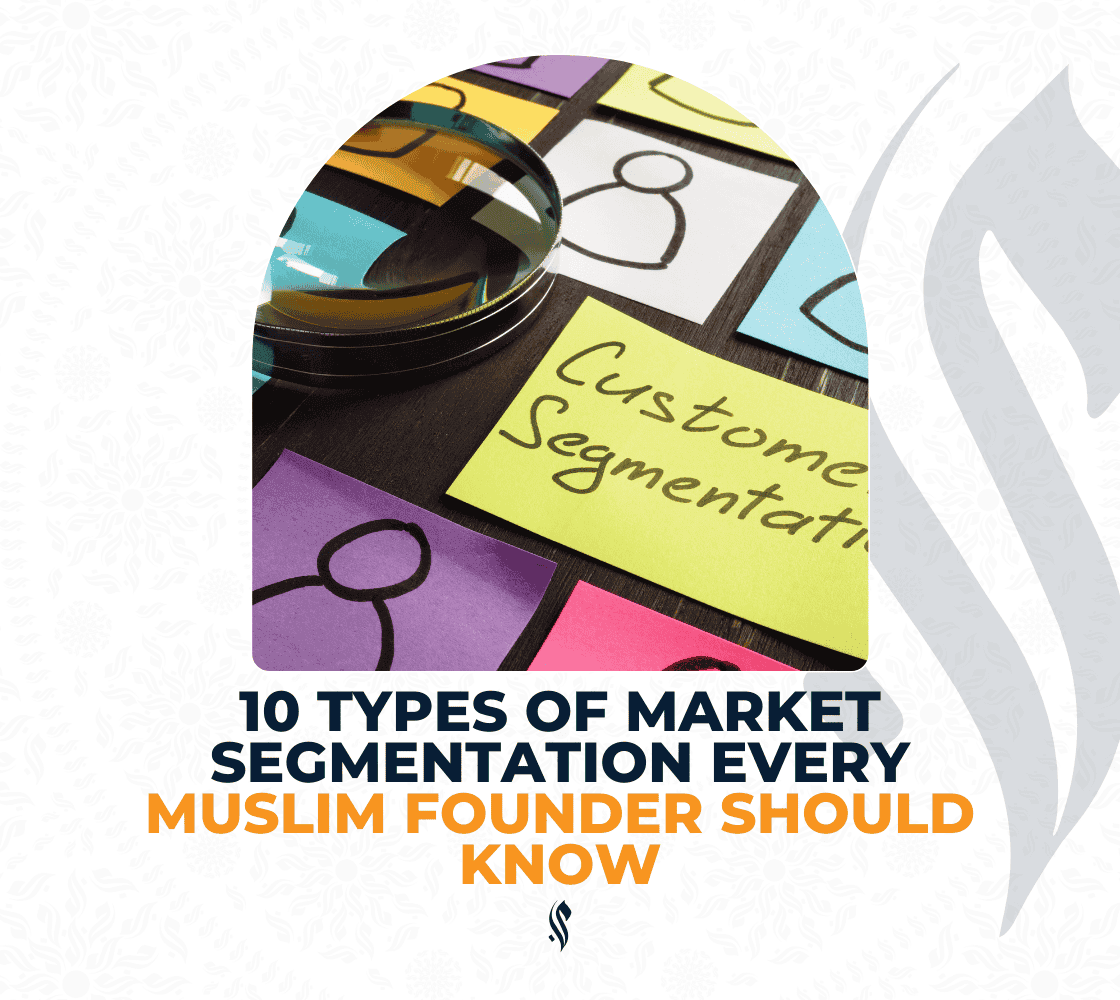

1. Demographic Segmentation
Demographics provide foundational data about your audience, allowing you to categorize them based on factors such as age, gender, income, education, and occupation. For example, a Muslim-owned modest fashion brand might market differently to young professionals compared to older consumers. Understanding these segments ensures that your messaging aligns with their specific needs and preferences.
2. Geographic Segmentation
People from different regions often have unique needs, shaped by their environment, climate, and local culture. Geographic segmentation allows you to tailor your marketing based on location whether by city, country, or even neighborhood. If you operate a halal food business, understanding regional preferences can help determine which products will resonate most in different markets.
3. Psychographic Segmentation
3. Psychographic Segmentation
Subscribe to Muslim Founder's Newsletter
The only newsletter you need to start & grow your Muslim business, Insha'Allah.
100% Free. No Spam Guaranteed.
4. Muslim-Centered Segmentation
“Whoever fulfilled the needs of his brother, Allah will fulfill his needs.” (Sahih Muslim 2580)
Businesses that truly cater to Muslim consumers with sincerity and integrity will build strong, loyal customer relationships and contribute positively to the ummah.
5. Behavioral Segmentation
6. Cultural Segmentation
7. Firmographic Segmentation
8. Needs-Based Segmentation
8. Needs-Based Segmentation
9. Technographic Segmentation
10. Generational Segmentation
Subscribe to Muslim Founder's Newsletter
The only newsletter you need to start & grow your Muslim business, Insha'Allah.
100% Free. No Spam Guaranteed.

